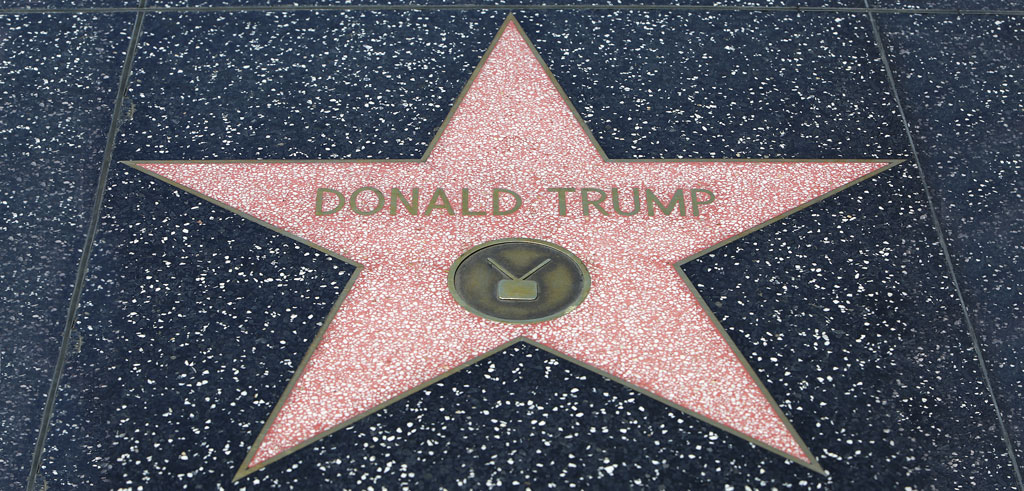
On that date, President Trump becomes potentially liable to criminal prosecution just like any other citizen. There is debate as to whether he could take the opportunity to pardon himself before he leaves office (he is currently under investigation for tax fraud).
Could he really do this? Is it possible? Would it work? Writing in NLJ this week, Michael Zander QC, Emeritus Professor, LSE, investigates.










